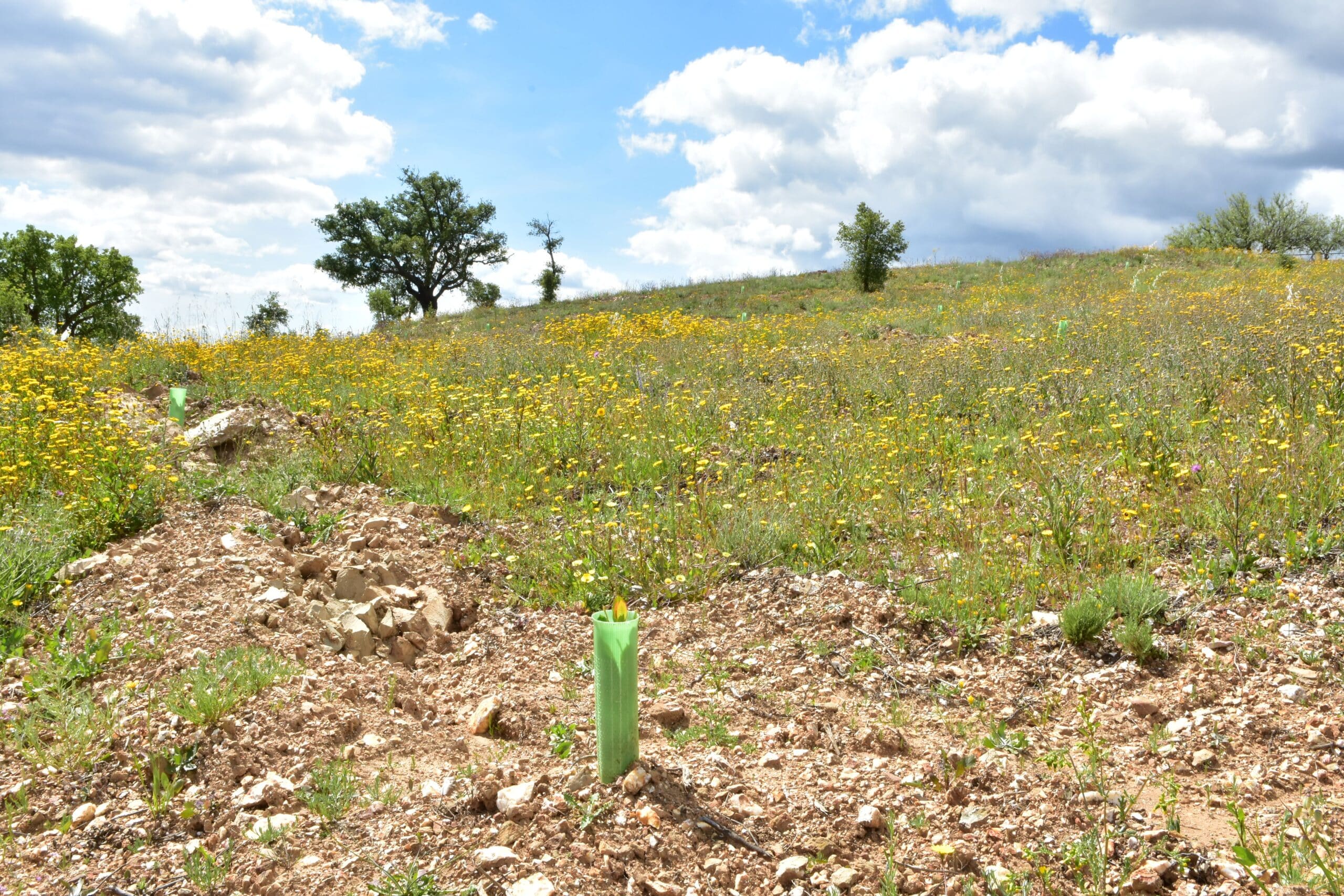Project will focus on five villages in Loulé
The municipal council of Loulé has teamed up with environmental organisation ANP|WWF to launch a project aimed at making five villages in the borough more resilient to wildfires.
This new initiative, called the ‘Restauro de Serviços de Ecosistema’ (Ecosystem Services Restoration) will focus on the villages of Águas Frias, Sarnadas, Cortinhola, Amendoeira, and Vermelhos, all located in rural parts of Loulé.
In a joint statement to the press, the council and NGO explain that the project aims to reduce fire risks while simultaneously conserving local biodiversity and natural resources. Planned actions include clearing dense underbrush, reducing natural fuels that feed fires, and diversifying the types of trees and shrubs in these areas by planting native species. The project will also focus on dividing large areas of vegetation into smaller, safer sections, and removing invasive species that threaten the ecosystem.
To ensure that these measures are effective, the project will involve local landowners in decision-making. Public meetings with property owners are scheduled for September 11 and 12 to identify surrounding lands where these preventive actions can be implemented.
Work on the ground is set to begin in 2025, with funding provided by the local council. According to Carlos Carmo, a council member in Loulé, this project fills a gap in the national landscape transformation programme (Programa de Transformação da Paisagem Nacional), which only covered one parish in the borough, Salir. “With the technical support of ANP|WWF, we created our own ‘Resilient Villages’ programme, expanding it to the entire interior of the municipality,” he explained.
Afonso do Ó, a water, climate, and restoration specialist at ANP|WWF, highlighted the importance of political will in such projects. “When we talk about ecological landscape restoration, political support is crucial. Only by working closely with local governments can we implement actions that truly make a difference in conserving ecosystems and biodiversity, while also involving local communities.”
In addition to on-the-ground fire prevention measures, the project will also focus on identifying and prioritising areas for intervention; creating a comprehensive digital map, developing technical guidelines for “good practices,” creating indicators to monitor natural resources; proposing a system to reward landowners for ecosystem services; seeking private co-funding for these ecosystem services; educating and raising awareness among local populations.


























